Tristan Henry knows firsthand the power of the practices he learned by participating in the racial healing circles that have taken place in Kalamazoo, MI. He says the practices enrich his relationships, daily interactions, and his capacity to foster unity.
This work feels especially crucial right now as the sometimes dangerously contentious nature of the 2024 election cycle plays out in our homes, neighborhoods, communities, and the nation as a whole.
The core principles embedded in racial healing circles are designed to create an atmosphere of respect, empathy, and openness. They help ensure these conversations are safe and honest. Each person’s personal experiences are treated with respect. And Tristan believes that, in practice, the impact of these principles reaches beyond healing circles.
“I’ve been able to use some of the principles to guide my daily interactions with people, whether with family or a new acquaintance,” he said.
A racial healing circle is an interactive experience where community members gather for a candid discussion in which they share their lived experiences with regard to race, as well as interpersonal and systemic racism. A trained racial healing practitioner leads the conversation to foster understanding and provide opportunities for personal growth. , The principles encourage participants to listen, be open-minded, and allow themselves to be moved by the experience.
For Tristan, one of the most transformative principles is to “go to a place of wonder,” which encourages participants to shift their mindset from judgment to curiosity. “This motivates individuals to ask themselves questions like, ‘How did they arrive at this belief?’ or ‘Why do they think this way? When others are sharing,” said Tristan. “It’s powerful because it inspires us to engage rather than shut down when we might not see eye to eye with someone.”
Tristan has practiced this principle when encountering heated conversations at community demonstrations. “When people approach me with rage, I redirect my thoughts from defensiveness to curiosity and ask disarming questions; it helps neutralize negative emotions.”
He also shared the healing power of embracing silence within ourselves and our relationships with others.
“Racial healing circles taught me the importance of honoring silence, letting emotions surface, and thoughts crystallize,” he said. “These practices can be incredibly healing personally and with others. Sometimes, we rush to fill silence with chatter, but allowing for a pause can give both parties the space they need to reflect, especially during conflict.”
Part of the experience of racial healing circles includes breaking into smaller discussions to allow for more intimate exchanges, which Tristan highlighted as extremely valuable.
“The more personal the setting, the more we can engage with one another without the pressure of a larger audience,” he said. “Especially now, with so many heated discussions happening publicly, finding a quieter space to connect more interpersonally can be so beneficial.”
Finally, in reflecting on the overall experience, Tristan says, “You always feel better than when you came in, but you don’t need to attend a circle to feel that. You can attract that same energy by embracing these practices in your everyday life, and right now, it’s more important than ever.”
Putting the Principles into Practice
Here are some healing-focused practices we can also use to navigate the world around us.
- Encourage curiosity: Approach others with curiosity rather than jumping to conclusions during disagreements. Recognize that our perceptions are shaped by our lived experiences, and know there is always an opportunity to better understand someone from their perspective.
- Embrace silence: Sitting in silence helps us be more mindful and aware of others and ourselves. It creates clarity and a capacity for understanding.
- Practice active listening: Active listening goes beyond the act of hearing. It involves paying attention to their words and body language and reflecting on that to try to understand what they are expressing and feeling.
- Welcome vulnerability: Sharing your personal experiences can create a safe and brave space for people to do the same, fostering deeper connections.
- Host your own healing circle: Organize small gatherings inviting friends and family to share their truths. These gatherings can build stronger bonds and be therapeutic.
By embracing these practices, we can transform our interactions with strangers and the relationships that define our lives to cultivate a more inclusive and compassionate society. Let’s embark on this journey together, one conversation at a time.

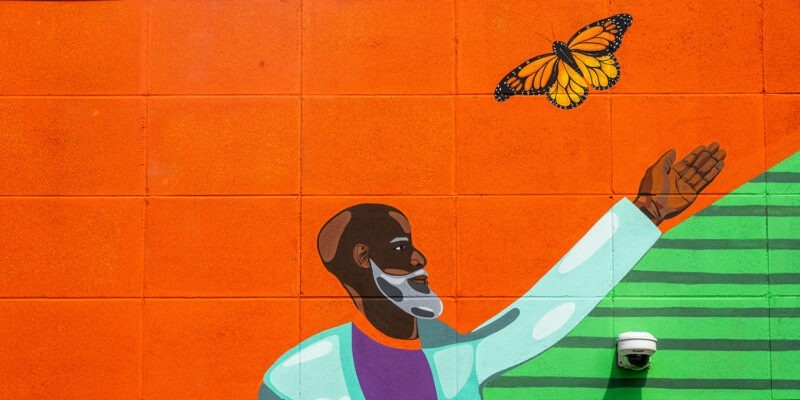
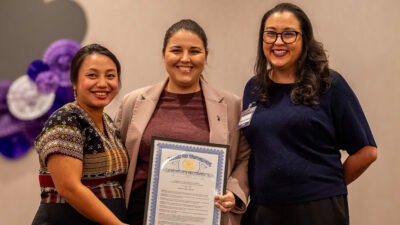
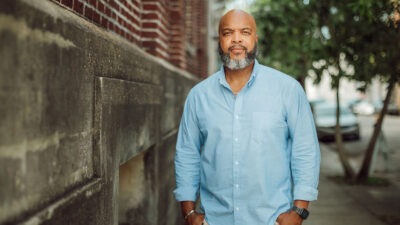
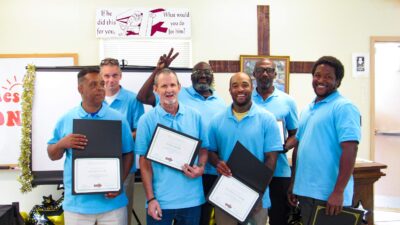

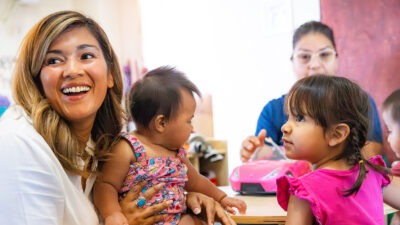
Comments